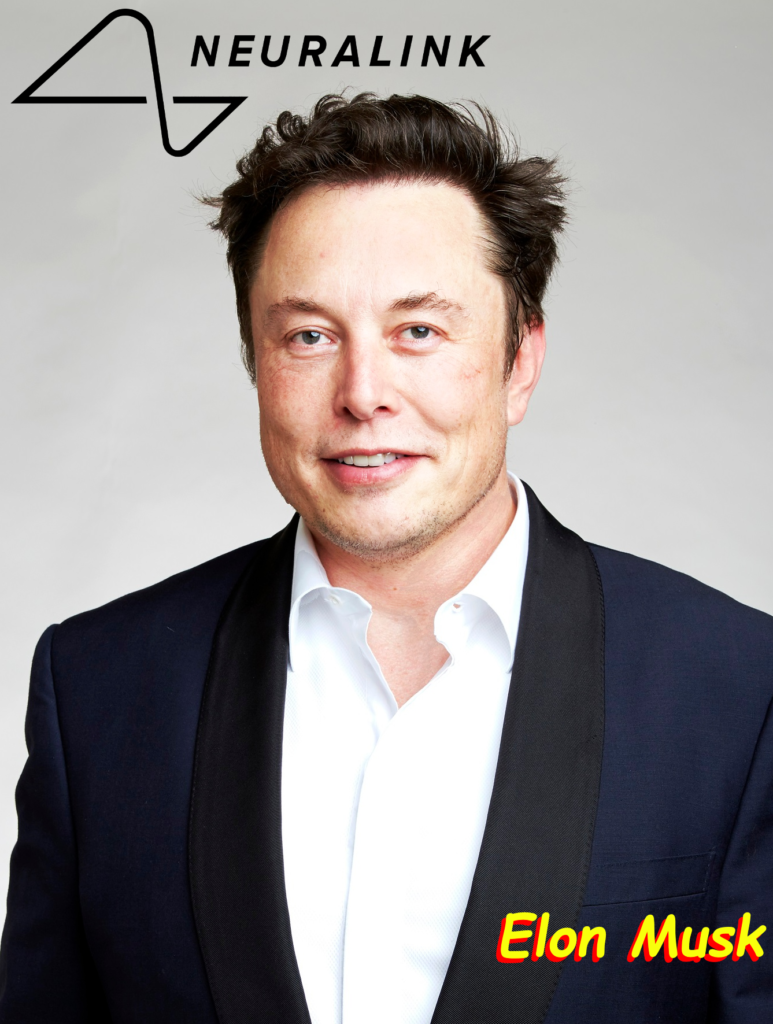
Neuralink Receives FDA Approval for Human Testing: Pioneering Brain-Computer Interface Advances Restorative Technologies
Neuralink, the innovative brain-chip firm founded by Elon Musk, has obtained approval from the US Food and Drugs Administration (FDA) to commence its groundbreaking human trials. With the vision of connecting brains to computers, Neuralink aims to revolutionize the fields of vision restoration and mobility enhancement.
Although Neuralink has no immediate plans to recruit participants, this recent FDA approval marks a significant milestone for the company. Previous attempts by Elon Musk to initiate human trials were not successful, highlighting the challenging nature of the endeavor.
The FDA has acknowledged Neuralink’s announcement, signaling a recognition of the potential impact of their technology. In March, Reuters reported that a previous bid for FDA approval was rejected due to safety concerns, as stated by multiple current and former employees.
What is Neuralink? Neuralink’s mission is to utilize microchips to address conditions such as paralysis, blindness, and facilitate computer and mobile device usage for individuals with disabilities. Tested in monkeys, these microchips are designed to interpret brain signals and transmit information to external devices through Bluetooth technology.
While Neuralink’s brain implants hold promise, experts caution that extensive testing is required to overcome technical and ethical challenges before they can be widely available. Elon Musk has also suggested that this technology could help alleviate concerns about the displacement of humans by artificial intelligence.
In a recent Twitter announcement, Neuralink described the FDA approval as a crucial first step towards a future where their technology can assist countless individuals. The company expressed gratitude for the collaboration between the Neuralink team and the FDA, underscoring the significant effort behind this achievement.
Neuralink intends to provide additional information soon regarding its plans for enrolling participants in the upcoming trials. The company’s website emphasizes its commitment to safety, accessibility, and reliability as integral aspects of the engineering process.
Since its inception in 2016, Neuralink has faced challenges in meeting its ambitious timelines. Initially, the goal was to implant chips in human brains by 2020, reflecting a promise made the previous year. Subsequently, the target was adjusted to 2022. Furthermore, the company faced setbacks in December of last year when allegations of animal welfare violations in its work led to an investigation, although Neuralink denied the claims.
The FDA’s approval for human testing aligns with a recent breakthrough achieved by Swiss researchers in the field of brain implants. Notably, a paralyzed man from the Netherlands regained the ability to walk simply by directing his thoughts, thanks to a wireless system of implants transmitting his neural signals to his legs and feet.
Neuralink’s latest progress represents a significant stride towards merging cutting-edge technology with the human brain. As the company moves forward with its human trials, it sets the stage for transformative advancements in restoring human capabilities and empowering those with disabilities.
Credit: James FitzGerald, BBC News, Elon Musk Neuralink

